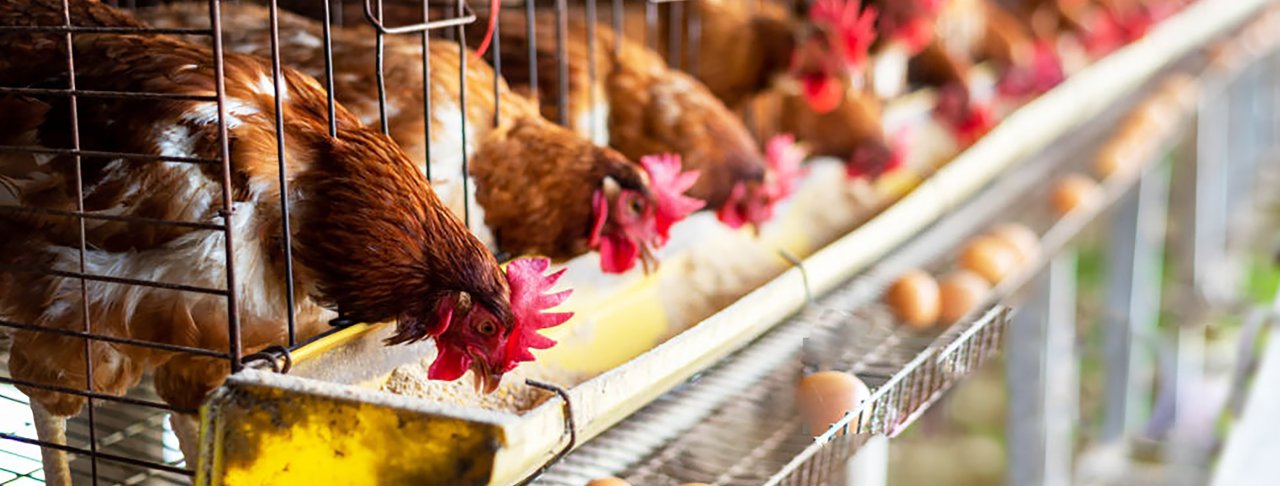
Risk Factors Associated with Respiratory System in Poultry
Respiratory diseases have been subjected to long extensive research due to their economic significance. Infection with these pathogens causes severe economic loss due to mortality, carcass condemnation, and reduction in egg production, hatchability, feed efficiency and weight gain. In order to address these problems, a variety of strategies has been used in the poultry industry including biosecurity, vaccination and antimicrobial therapy.

Common Respiratory Diseases of Poultry
– Chronic Respiratory Disease /
Mycoplasma gallisepticum infection
– Aspergillosis /
Brooders Pneumonia
– Newcastle Disease
– Infectious Bronchitis
– Avian Diphtheria
– Infectious Coryza
– Avian Influenza
– Infectious Laryngotracheitis Virus
– Chlamydiosis
– Chicken Pox
In poultry sheds, bird density, dust and heat permanently expose birds to various forms of respiratory issues. Poultry birds are endowed with effective mechanisms to expel irritants, microorganisms and spores, but these defences are fragile. In a very dusty environment, 1m³ of air can contain more than 10 million microorganisms!
How Does Poultry Defense System Work Against Poor Quality or Contaminated Air?
Trachea and bronchi walls are covered with cilia. By contracting, these cilia cause the mucus and all the particles sticking inside to move towards the upper parts of the respiratory tract where they are expectorated (sneezed out) or swallowed. This is named the “mucociliary escalator”.
Dust: vectors for transmission of microbial, viral and fungal agents in poultry houses. Now it sometimes happens that this system cannot effectively play its defence role, if it is saturated with too much dust, paralyzed by an excess of ammonia concentration, or destroyed by a viral infection. An excess of ammonia concentration (>10ppm) in the air will paralyze the cilia of the respiratory system.
Any such attack on the defences of the respiratory system will affect the quality and quantity of mucus in Avian. If the mucus is too watery or too abundant it can cause a blockage in the trachea. This may result in a bacterial infection or bird’s death by asphyxia.
How to Prevent Respiratory Issues and Improve Air Quality in Poultry?
We have brought all herbal respiratory tonic MucoFort® in the market, which helps in stimulating protective mechanisms and revitalizing the respiratory system. Mucofort contains terpenoids in essential oils, e.g. alcohols, aldehydes, esters, ketones, peroxides, and phenols, which are responsible for strong antimicrobial activity.
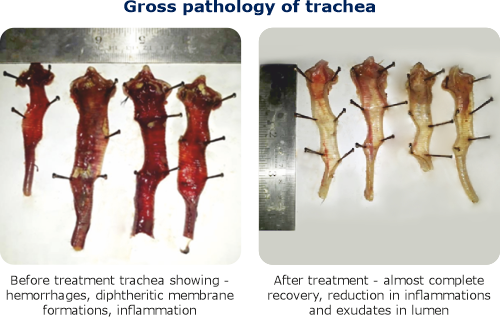
Its decongesting properties provide instant relief. It allows birds to breathe normally and improve O2 transport to the cells and reduces gasping. The active components of Mucofort have anti-inflammatory, immunomodulatory and antiviral functions, and thus can augment the immunity of poultry by modulating both humoral and cell-mediated immune responses, preventing viral infections, and providing supplementary treatment for viral diseases.
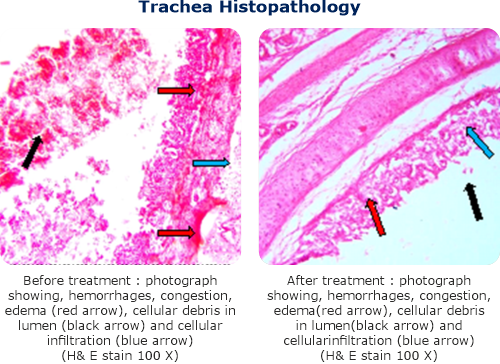
Phytoconstituents derived from Eucalyptus globulus, Mentha arvensis, Ocimum basilicum, etc of MucoFort® modulate the synthesis of a healthy layer of Mucin which protects the respiratory epithelium from attacks of pathogenic organisms. Bronchodilatory and respiratory stimulant effects make the lumen wide for proper respiration and expulsion of inflammatory discharge like cellular debris and fibrinous exudates.
MucoFort® is an outcome of continuous research; its test reports have shown remarkable results on common respiratory conditions like congestion, haemorrhages, inflammatory secretions, pneumonia, diphtheritic membranes and oedema in the respiratory system.
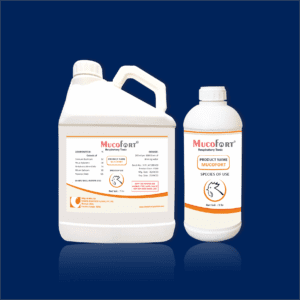
The administration of Mucofort is 200 ml in 1000 litre of drinking water three times a week till full recovery. It also can be used for the prevention of respiratory distress and strengthening the immune system during outbreaks.

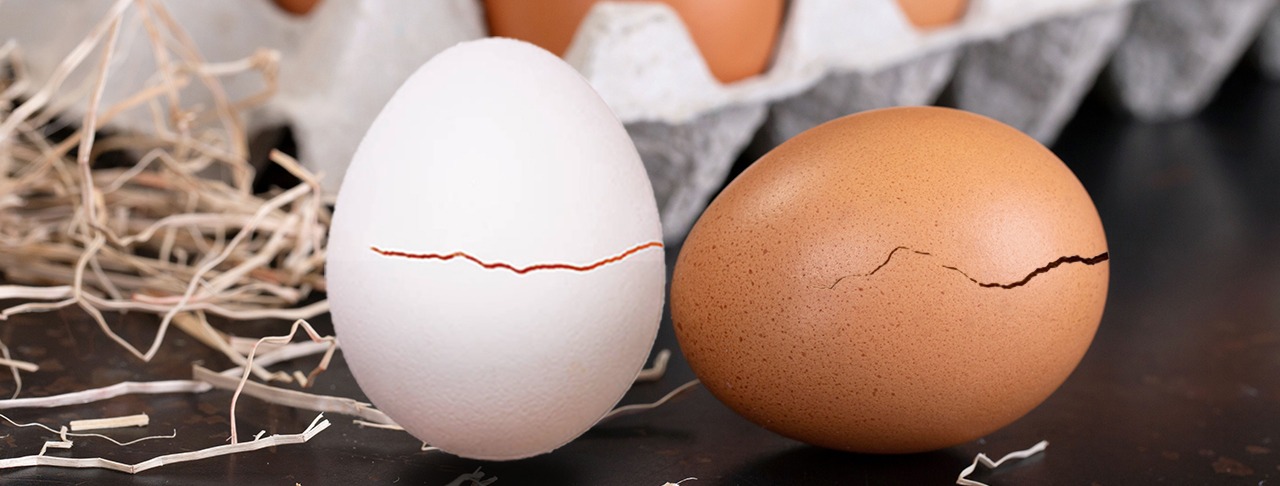
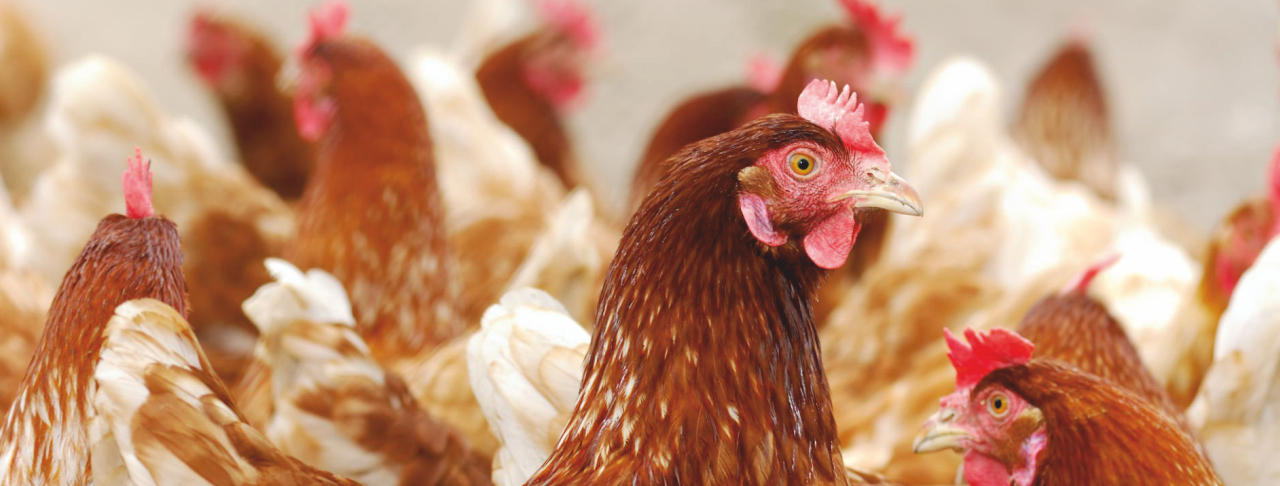
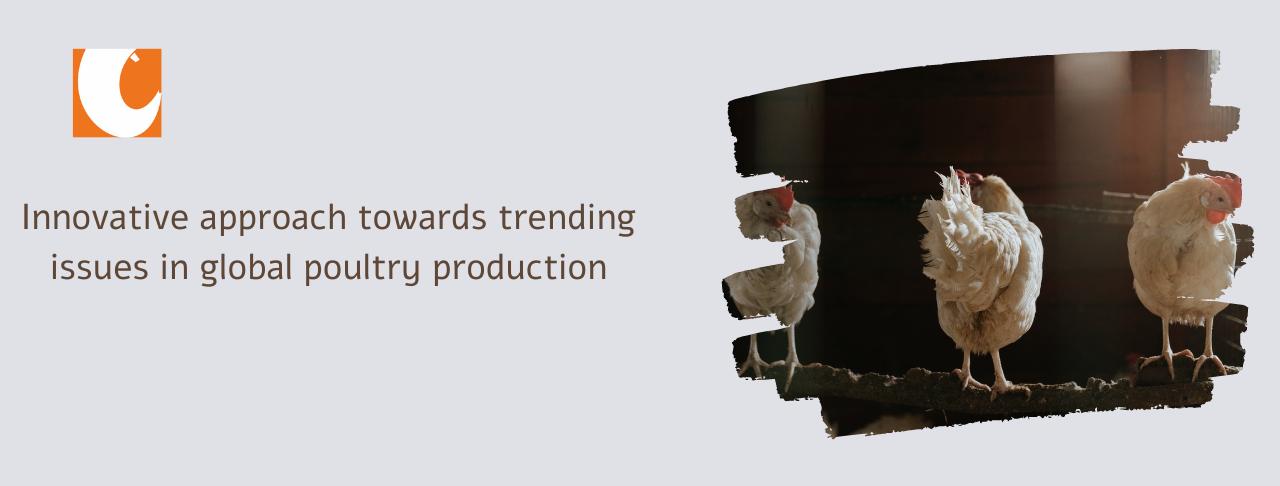
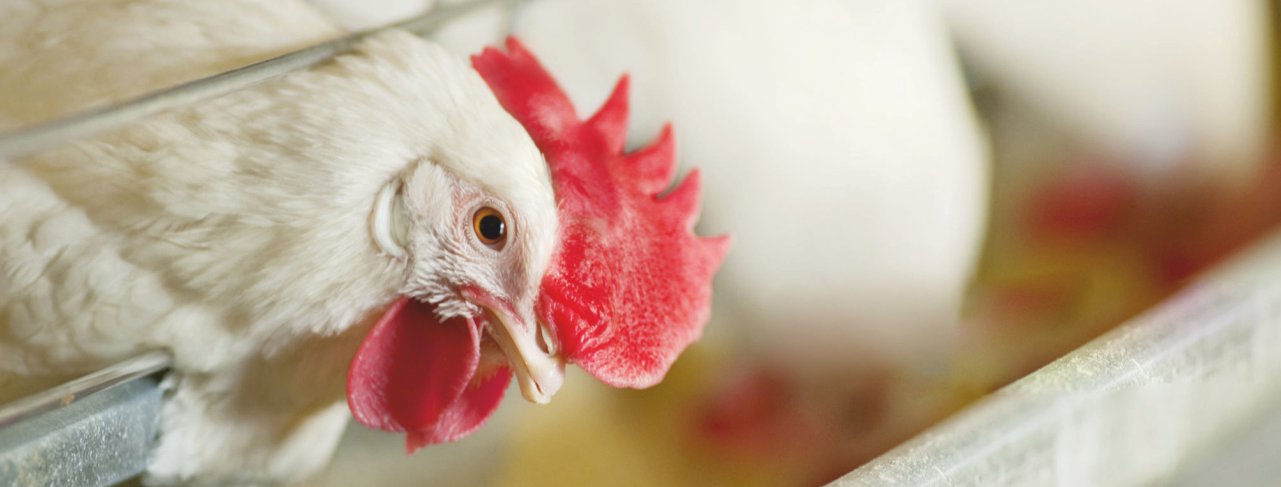
https://israelnightclub.com
Good post. I learn something totally new and challenging on sites I stumbleupon everyday. It will always be helpful to read content from other writers and practice a little something from other websites.